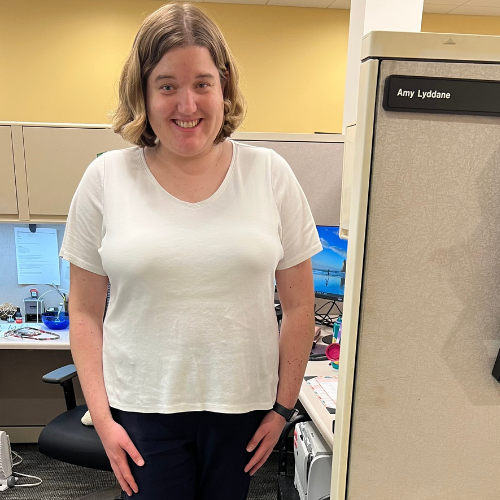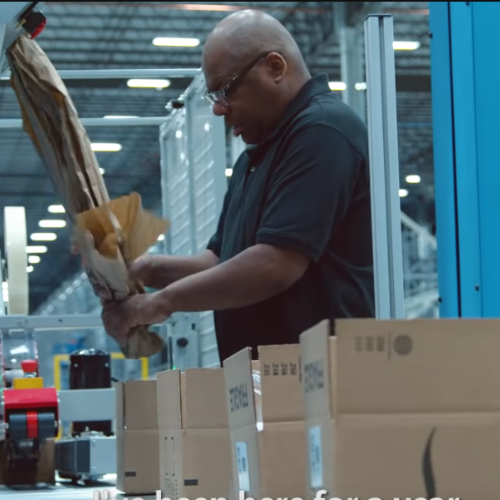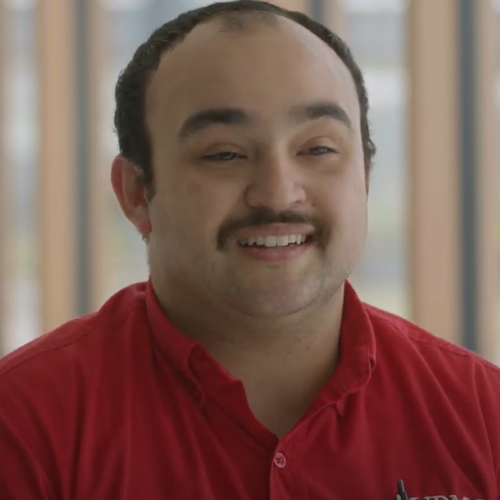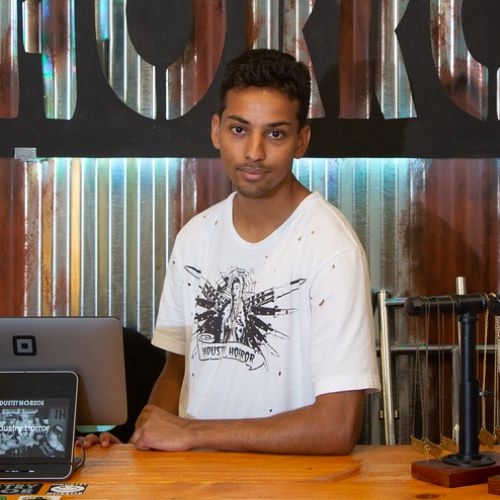Tayone continues to advance as a computer analystTayone
Tayone Miller is a full-time computer analyst with Charles County Public Schools (CCPS), bringing nearly a decade of experience in developing, managing, and improving information technology.
Tayone was born with cerebral palsy, which has caused him to have trouble with speech. In school, he struggled with “people not seeing past my disability, creating stereotypes, and getting various instructional strategies to help me in classes.” After he graduated from Florida Memorial University, where he was recognized as Student of the Year in 2012, Tayone says, “Many of the jobs I have applied for require at least three rounds of interviews. I always had difficulties passing the first stage due to my speech impairment. After having interviews with many prospective employers, I could tell by their responses and body language they were unwilling to hire a person with disabilities. [Because of this], I have not directly disclosed my disability on applications.”
He’s not alone. Research shows that a shockingly low number of employees disclose their disability to their employer, likely for fear of discrimination. It took many rejections, but Tayone found an employer who saw him for his skills, not his disability. “I started working at CCPS as an intern, then I was promoted to a temporary computer analyst, and now I am a full-time computer analyst. I now manage various interns.”
Even though Tayone deserves his job and excels at it, he has faced microaggressions, or subtle discrimination, in the workplace. As he notes, “In the past, my co-workers displayed eye-rolling when I spoke or turned away from or avoided me altogether.” But Tayone ignored them because “I did not want to give them control over me. Disability representation in the workplace means that people with disabilities are seen, heard, and respected in their jobs. Furthermore, it promotes inclusion for all. My employer is able to see my strengths and capitalize off my positive attributes. In the next 5 years, I see myself still working at CCPS as a senior computer analyst. Some advice I would give to people with disabilities who are struggling to pursue a career is to be persistent. Never give up on yourself. Build relationships with others in the field to mentor you.”
















